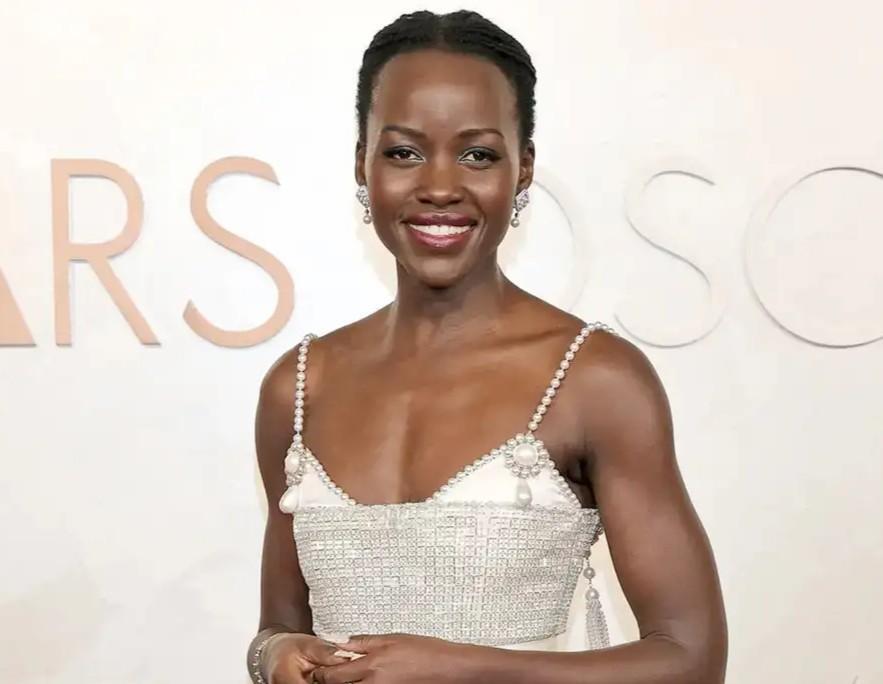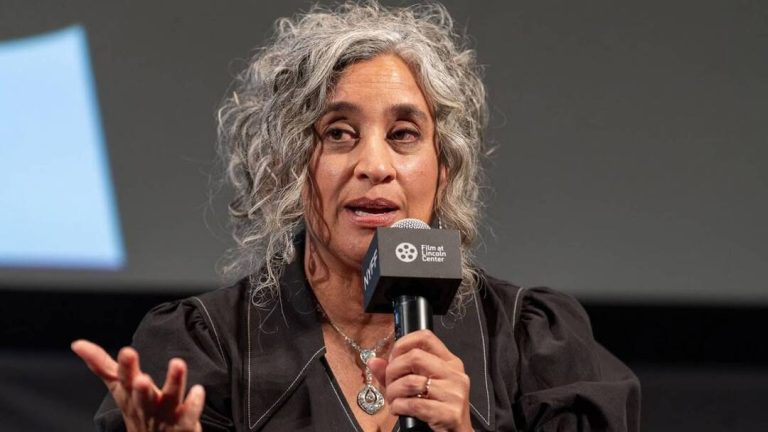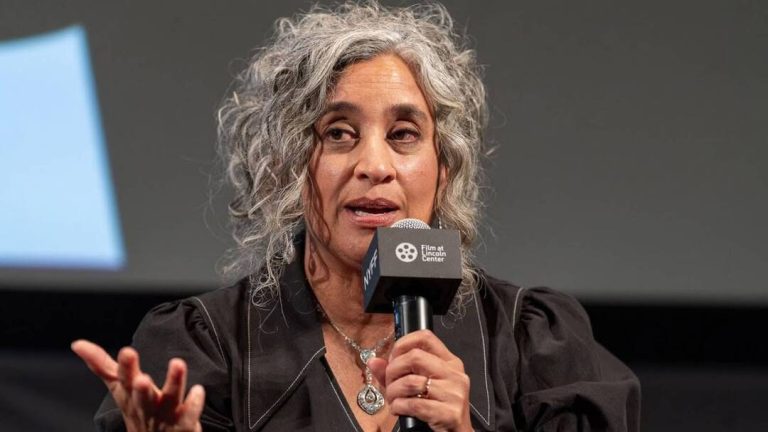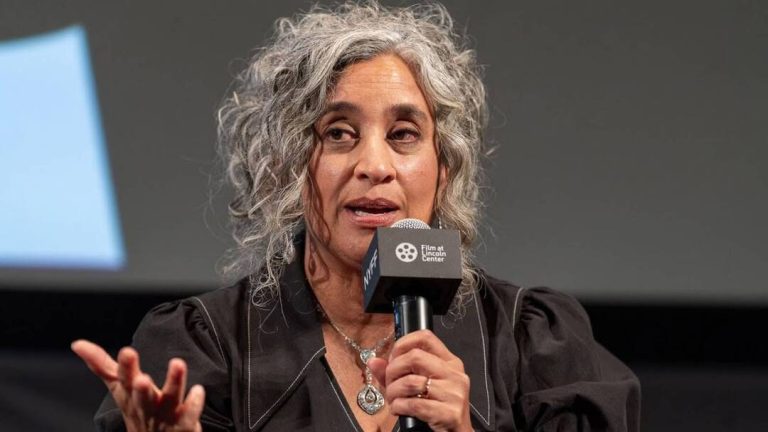
Was offered slave roles after Oscar win: Black Panther star Lupita
Lupita Nyong’o, the talented Hollywood actress known for her iconic role as Nakia in the Marvel blockbuster ‘Black Panther’, has opened up about the harsh realities of being stereotyped in the entertainment industry. Despite winning the prestigious Academy Award for her portrayal of Patsey in ’12 Years a Slave’, Nyong’o revealed that she was offered limited and stereotypical roles, further highlighting the struggles faced by actors of color in Hollywood.
In a recent interview, Nyong’o shared her disappointing experience after winning the Oscar for ’12 Years a Slave’. She explained that instead of being offered lead roles or a variety of characters, she was typecast and approached with roles that were eerily similar to her Oscar-winning performance. “After ’12 Years a Slave’, I wasn’t offered any lead roles,” Nyong’o stated. “I was only offered slave roles. They would say, ‘We’d like you to do another movie where you’re a slave but this time you’re on a slave ship.'” This shocking revelation highlights the narrow-mindedness of some casting directors and producers, who often rely on stereotypes and limited perspectives when it comes to actors of color.
The fact that Nyong’o, a highly talented and versatile actress, was reduced to being offered only slave roles after her Oscar win, is a stark reminder of the industry’s lack of diversity and creativity. It’s astonishing that despite her exceptional performance in ’12 Years a Slave’, Nyong’o was not given the opportunity to showcase her range and talent in more complex and dynamic roles. Instead, she was pigeonholed into a specific category, reinforcing the notion that actors of color can only play certain types of characters.
This phenomenon is not unique to Nyong’o, as many actors of color have spoken out about the struggles they face in Hollywood. The lack of representation and diversity in the industry has led to a dearth of opportunities for actors of color, with many being relegated to stereotypical and marginalized roles. The consequences of this limited thinking are far-reaching, resulting in a lack of authentic representation and a perpetuation of negative stereotypes.
Nyong’o’s experience serves as a reminder that winning an Oscar does not guarantee a successful or diverse career in Hollywood. In fact, it often seems that the industry is more interested in pigeonholing actors into specific roles, rather than providing them with the opportunity to grow and showcase their talents. This narrow-minded approach not only stifles the creativity of actors but also limits the potential for innovative storytelling and authentic representation.
In recent years, there has been a growing movement to increase diversity and representation in Hollywood, with many advocating for more inclusive storytelling and opportunities for actors of color. Nyong’o’s ‘Black Panther’ co-star, Chadwick Boseman, has also spoken out about the importance of representation, stating that “the hardest thing is to get people to see you as something other than what they’ve already seen you as.” This sentiment echoes Nyong’o’s experience, highlighting the need for a more nuanced and open-minded approach to casting and storytelling.
As the conversation around diversity and representation continues to grow, it’s essential that the industry takes concrete steps to address these issues. This includes providing more opportunities for actors of color, investing in diverse storytelling, and promoting a culture of inclusivity and creativity. By doing so, we can work towards a more authentic and representative Hollywood, where actors like Nyong’o are given the chance to showcase their talents and play complex, dynamic characters.
In conclusion, Lupita Nyong’o’s experience serves as a stark reminder of the industry’s limitations and biases. Despite her Oscar win, she was offered limited and stereotypical roles, highlighting the need for a more diverse and inclusive approach to casting and storytelling. As we move forward, it’s essential that we prioritize representation, creativity, and authenticity, providing actors of color with the opportunities they deserve to thrive and succeed in Hollywood.





